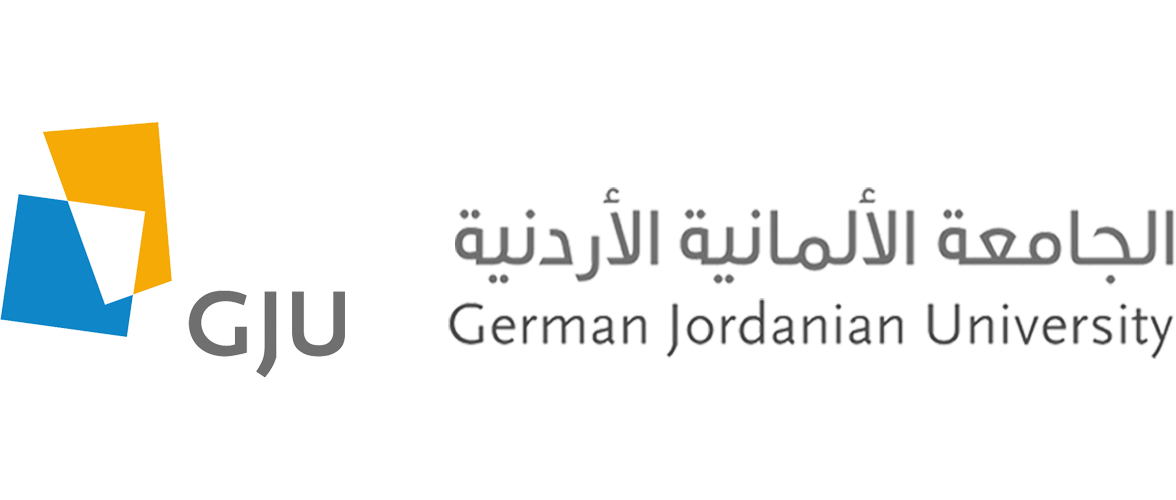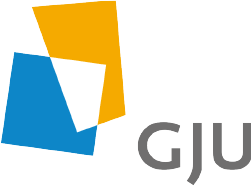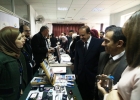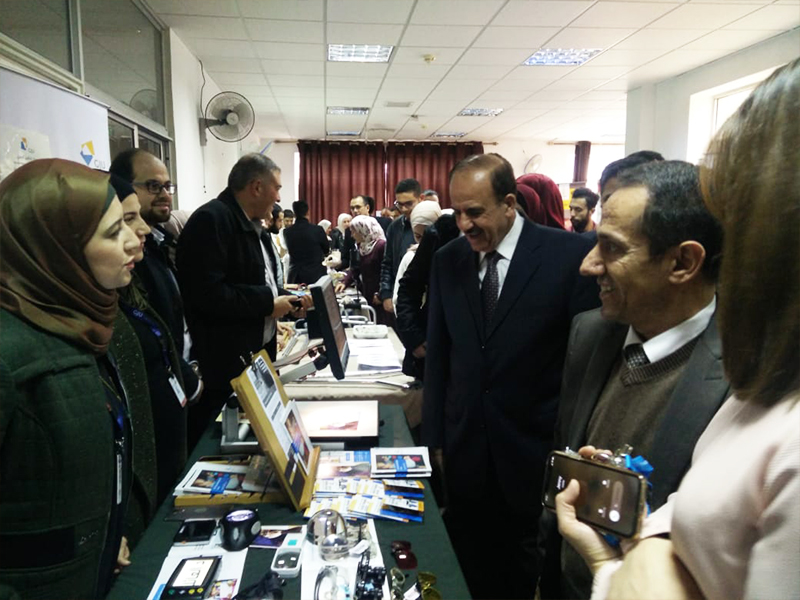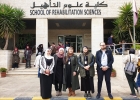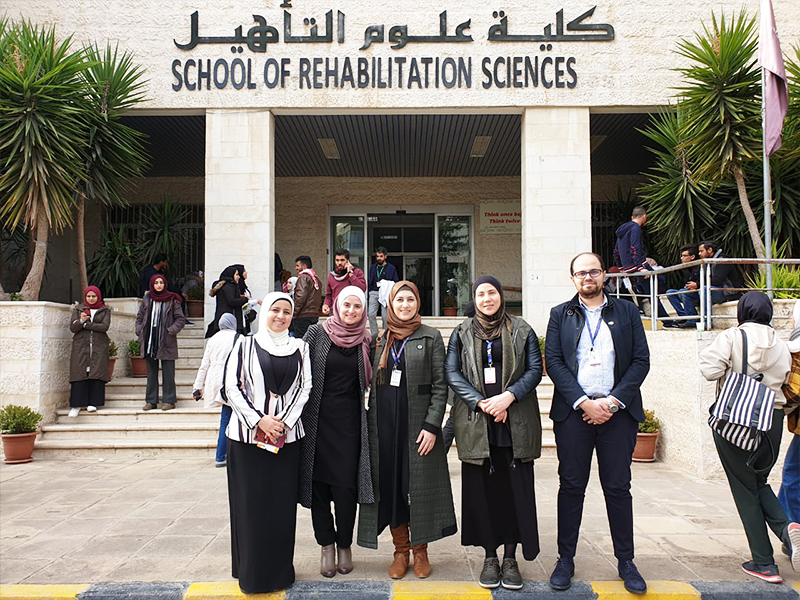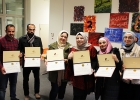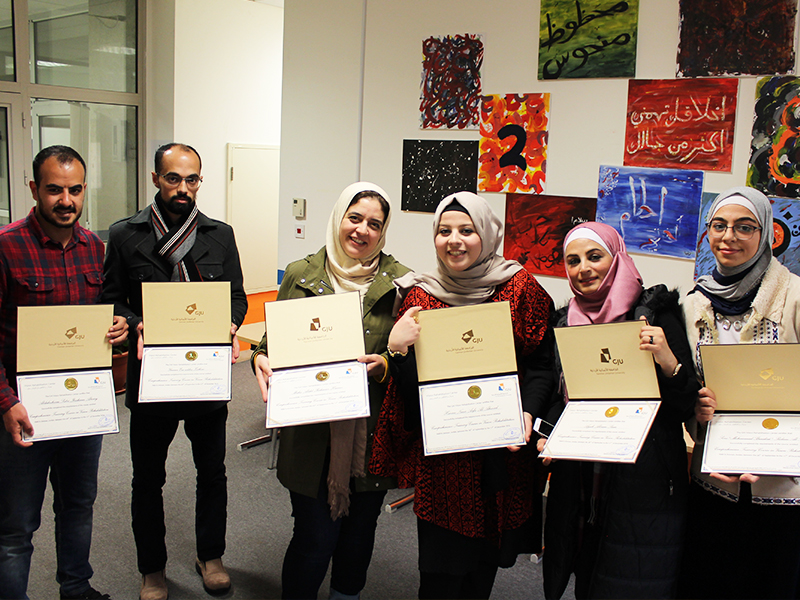Amman- 23 December 2019
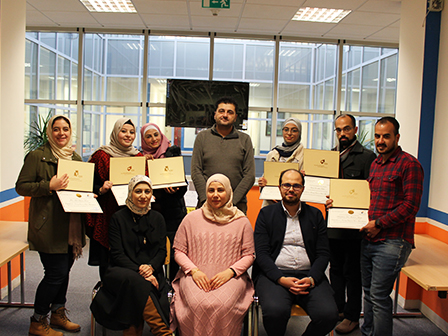 Last week, the participants in the Comprehensive Training Course in Vision Rehabilitation have completed the course requirements and they received their certificates by the director of the Vision Rehabilitation Center Dr. Nasim Alnuman.
Last week, the participants in the Comprehensive Training Course in Vision Rehabilitation have completed the course requirements and they received their certificates by the director of the Vision Rehabilitation Center Dr. Nasim Alnuman.
The participants from different backgrounds and countries expressed their deep gratitude to the German Jordanian University for providing such a rich and important course that covers many aspects of the rehabilitation process for people with vision impairment as a multidisciplinary approach. They also were impressed in the way that the teaching process includes both theoretical and practical parts. As they need to work side by side with simulation glasses to practice the visual assessment, use other senses, orientation and mobility, activities of daily living, and the education and inclusion in the learning process in schools and community.
Moreover, each participant assessed and gave the needed rehabilitation for two students in the Royal Academy of the blind and low vision students. Furthermore, each participant worked on a graduation project and they were very creative and important ideas for community services and for helping people with vision impairment. It was remarkable how each participant from his/her place and background can benefit and contribute with others, and hopefully to use this knowledge to serve his community and country.
On the other hand, the team of GJU Vision Rehabilitation Center participated in an event organized by the College of Rehabilitation Sciences at the University of Jordan celebrating the International Day of Persons with Disabilities. The team participated in the exhibition under patronize of the President of the University of Jordan, Dr. Abdul Karim Al-Qudah.
This exhibition was consistent with the GJU Vision Rehabilitation center mission to raise awareness about the Vision Rehabilitation and the services that are offered to help people with vision impairment.
Through the exhibition, the team explained the services that are offered whether about education and courses for specialists or clinical and rehabilitation services for persons with vision impairment. Also, they displayed different assistive devices including optical, non-optical and electronic devices that are used to improve the quality of life for persons with low vision and increase their independence in the community.
